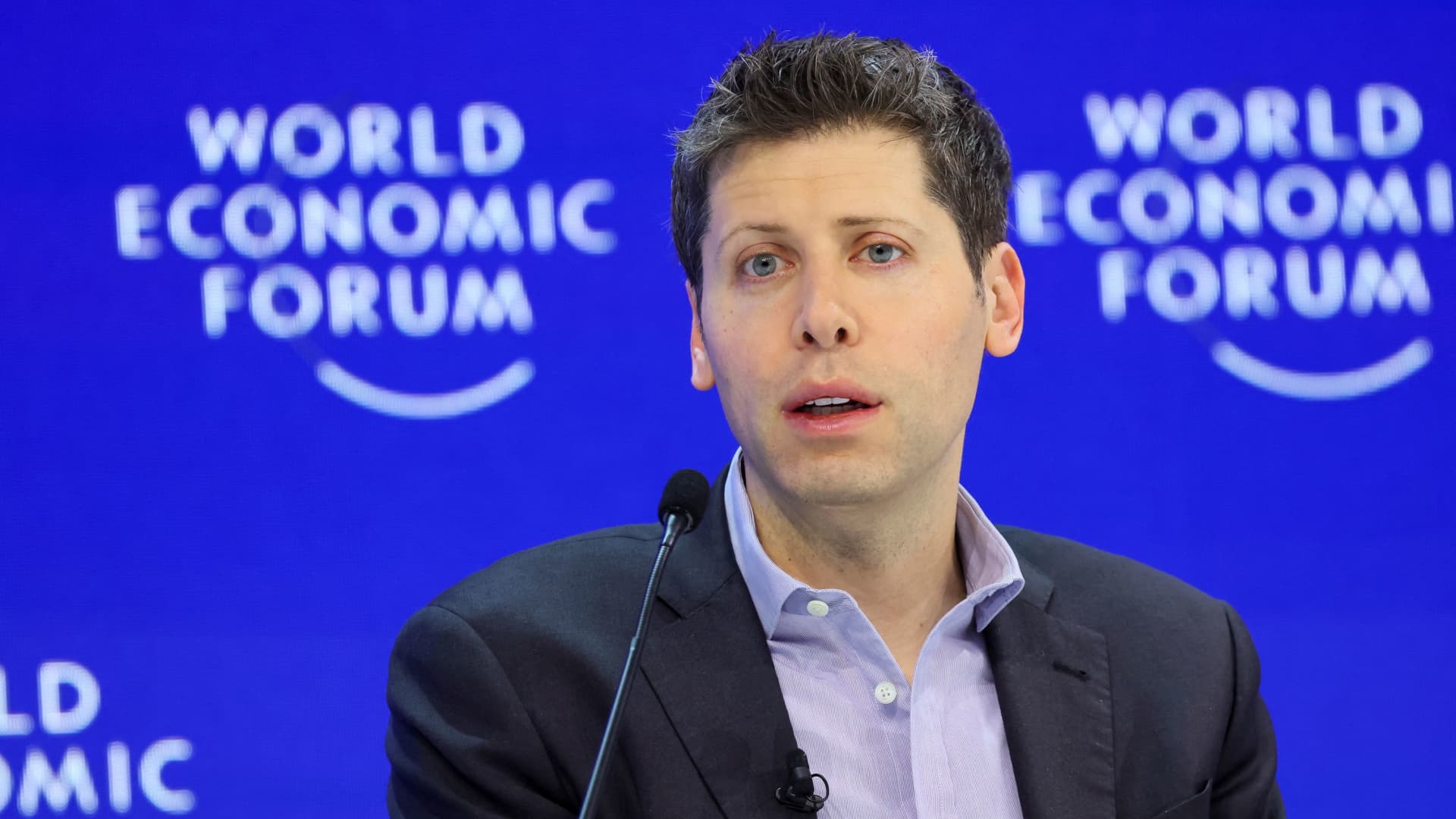A group of 20 leading tech companies on Friday announced a joint commitment to combat AI misinformation in this year’s elections.
The industry is specifically targeting deepfakes, which can use deceptive audio, video and images to mimic key stakeholders in democratic elections or to provide false voting information.
Microsoft, Meta, Google, Amazon, IBM, Adobe and chip designer Arm all signed the accord. Artificial intelligence startups OpenAI, Anthropic and Stability AI also joined the group, alongside social media companies such as Snap, TikTok and X.
Tech platforms are preparing for a huge year of elections around the world that affect upward of four billion people in more than 40 countries. The rise of AI-generated content has led to serious election-related misinformation concerns, with the number of deepfakes that have been created increasing 900% year over year, according to data from Clarity, a machine learning firm.
Misinformation in elections has been a major problem dating back to the 2016 presidential campaign, when Russian actors found cheap and easy ways to spread inaccurate content across social platforms. Lawmakers are even more concerned today with the rapid rise of AI.
“There is reason for serious concern about how AI could be used to mislead voters in campaigns,” said Josh Becker, a Democratic state senator in California, in an interview. “It’s encouraging to see some companies coming to the table but right now I don’t see enough specifics, so we will likely need legislation that sets clear standards.”
Meanwhile, the detection and watermarking technologies used for identifying deepfakes haven’t advanced quickly enough to keep up. For now, the companies are just agreeing on what amounts to a set of technical standards and detection mechanisms.
They have a long way to go to effectively combat the problem, which has many layers. Services that claim to identify AI-generated text, such as essays, for instance, have been shown to exhibit bias against…
Read the full article here

Leave a Reply